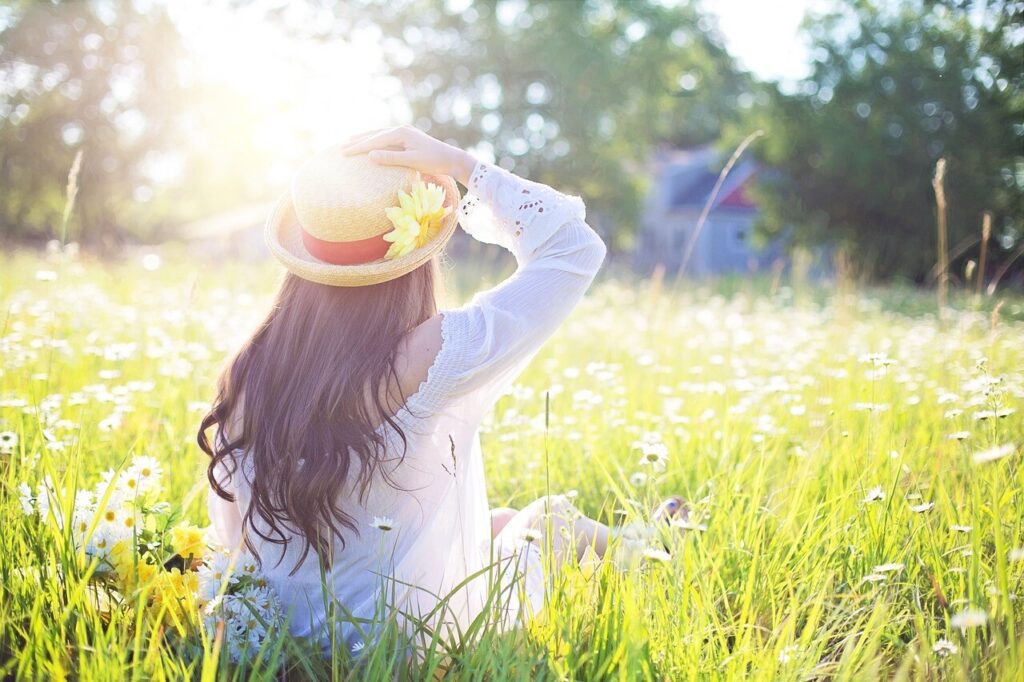It’s conventional wisdom that the winter months are the saddest of the year. Natural light is hard to come by, plants aren’t exactly at their prettiest, and there are next to no barbecues occurring. It’s enough that you’re likely to hear plenty of people prattle on about how rough their “Seasonal Affective Disorder” is, which, if you’ve got classic clinical depression like yours truly, feels a bit like someone taking a day trip into a coal mine and complaining about their cough the whole time.
It turns out, however, that science doesn’t agree with the dark months being the bleakest for mental health. Even the morbid statistic that’s repeated ad nauseum about winter being the highest time for suicide is straight up not true. In fact, the time of year with the highest rate of suicide attempts is one that doesn’t follow natural, poetic assumptions. It is spring.
Yes, despite the preponderance of daisies and park picnics, spring is apparently the most depressing time of year.
So what’s to blame here? There are a couple of theories. One includes those very same park picnics. The thinking is, that even though we’re not doing much during winter, there’s also no pressure to do anything. Yes, it might be isolating, but it’s a very reliable, consistent level of isolation that minimizes disappointment. If it’s miserable outside, you’re probably not blaming yourself for being a shut-in. But once the sun is shining, and you’re blasted with Instagram carousels of people laughing like a lady in a salad dressing ad, it’s a lot easier to label yourself a worthless sad sack.
Another theory brought forward by the Psychology Today article linked above is that allergies have a connection with depression. As if they weren’t obnoxious enough already, apparently there’s evidence that they have ill effects north of your nose as well. The inflammation caused by allergic reactions is linked to mood disorders, something borne out by injecting animals with inflammatory agents and watching them start to care less for themselves, which is fair, given that I’m unlikely to primp myself thoroughly when I feel like I’m smuggling a hunk of ambergris in the middle of my head. There’s also the fact that, if you’re allergic to dust, like myself, it just feels like another indication that you weren’t intended to stick around for the long run (I’m kidding, don’t call the hotline on me).
In addition to these evidence-based, scientific links, I’d put forward one more thing that might not be the root, but definitely isn’t helping: tax season. Given that mental-health professionals seem to know that April and the months after are an emotionally volatile time, it feels doubly rude for Uncle Sam to choose that time of year to pull the bottom out of my bank account.
All in all, though, it’s good news for curmudgeons like me that if you’re not coursing with joie de vivre just because birds are chirping again, you’re not that sick in the head. Or at least, no more sick than the base level of the modern human brain.

